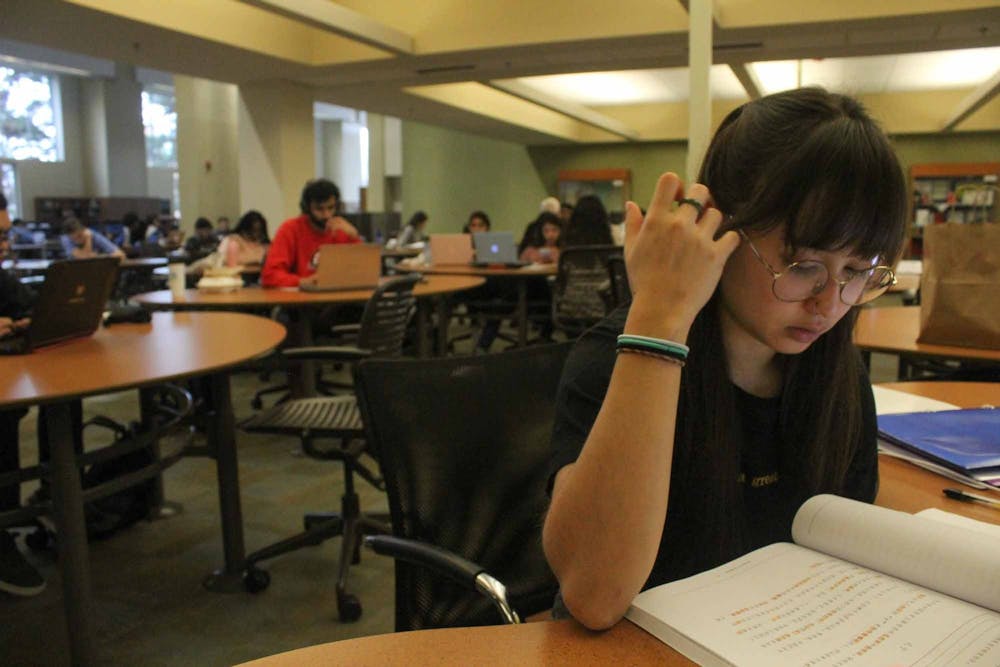As the semester winds down and finals are closing in, so does a seemingly inevitable wave of student procrastination. We seem to avoid work more than ever during this academic season, despite it being the time when we have some of the heaviest workloads of the semester.
So where does this procrastination come from, and more importantly, how do we stop it?
The stress of major exams and semester-long projects just rounding the corner is enough to overwhelm even the most confident student. And in an academically rigorous environment, such as UNC, the fear of producing inadequate work sometimes leads to an aversion to the task at hand.
In other words: perfectionism leads to procrastination. Procrastination does not mean you’re lazy — more likely, it means you’re invested in the work you produce and fear it might not live up to your standards.
When we are afraid our work will not be as good as we want it to be, we avoid starting our essay, project or studying to push off that feeling of inadequacy. This procrastination inevitably increases our stress when we do finally start the assignment — and oftentimes yields less than ideal work.
During finals week, the pressure to perform is at its peak, and thus, so is our procrastination.
However, there is a solution. Shifting one’s mindset is the first step to stopping the perfectionistic procrastination cycle.
One reason perfectionism is so common in high-achieving environments is the tendency for students to equate their academic success and their value. However, your worth is not limited to your GPA, and you are valuable beyond your academic accomplishments. Therefore, imperfect work does not negate your worth.
Remembering this is the key to making overwhelming tasks feel more achievable. A fear of failure is less scary when we remember our successes don’t define us.




